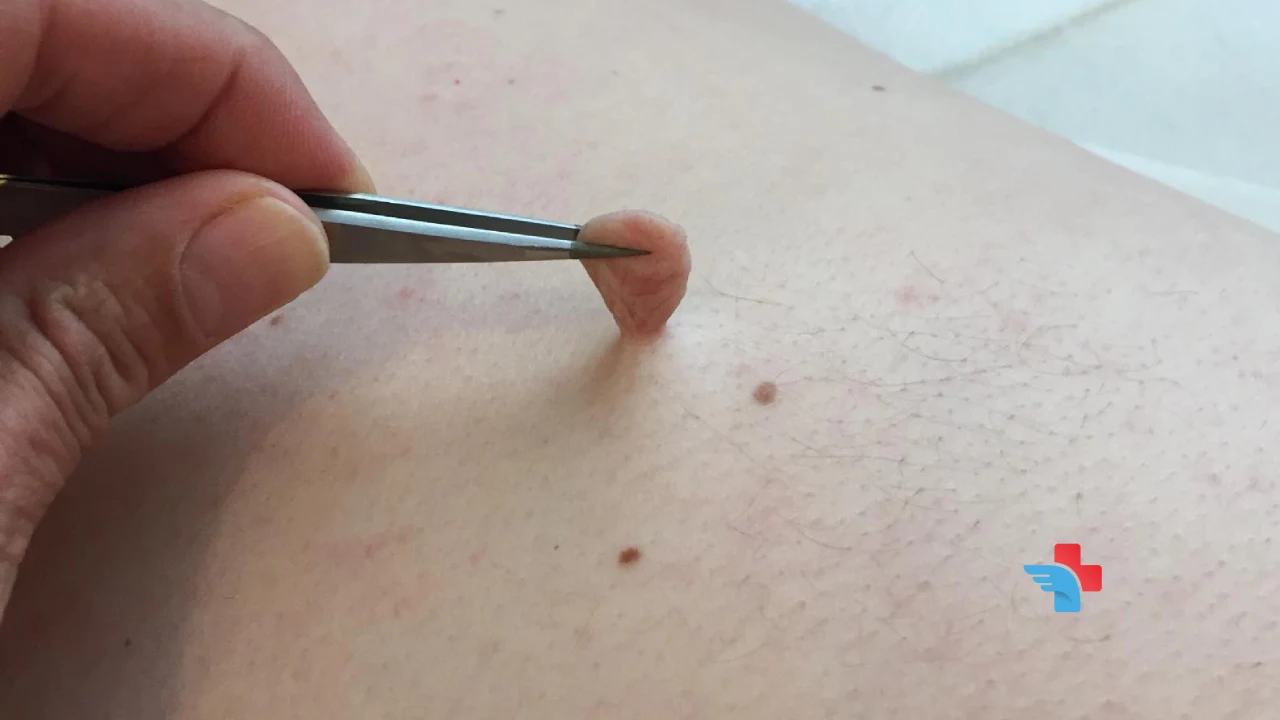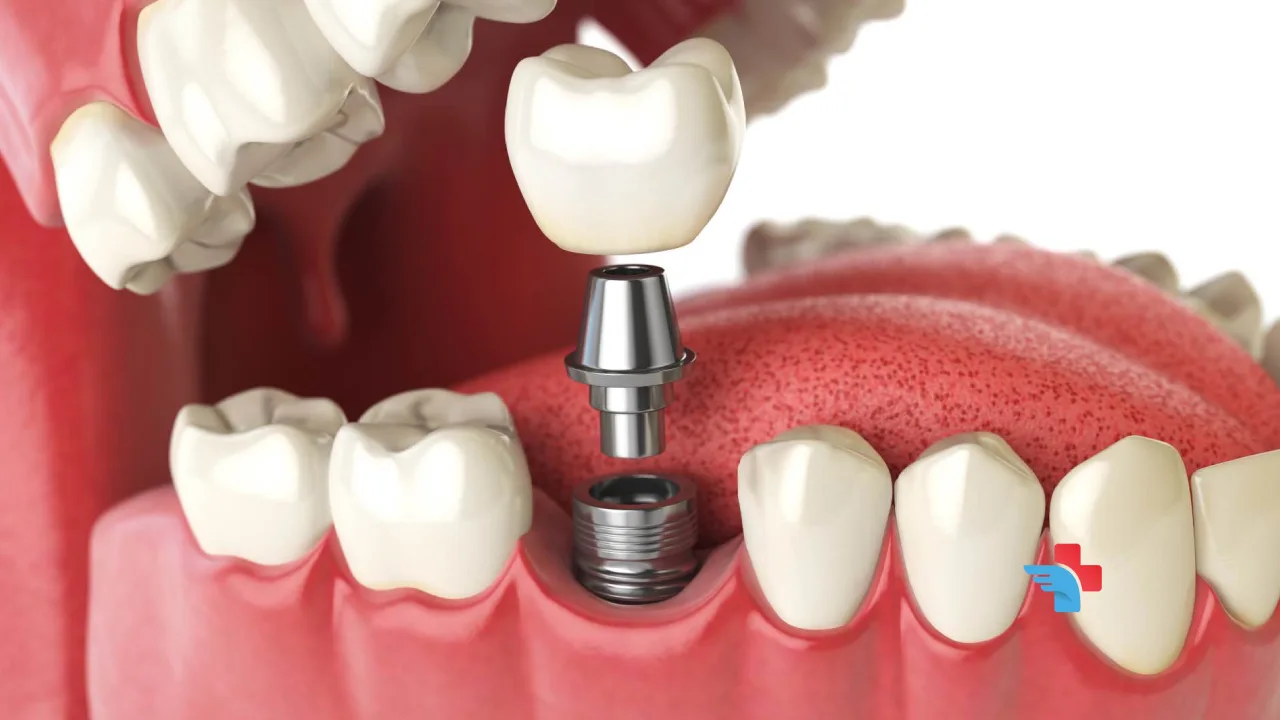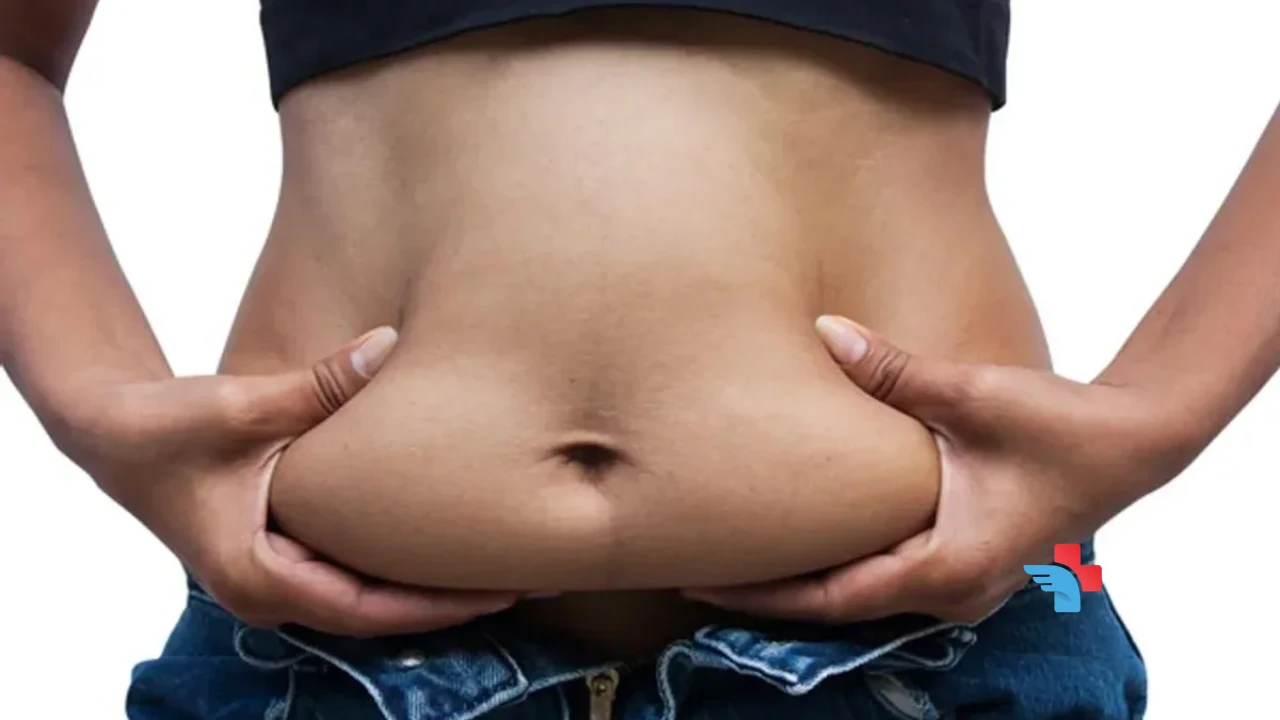
2 min to read
Oct 21, 2024
105
The rumors surrounding Erin Moriarty’s potential plastic surgery began to surface around the third season of The Boys.

Infertility can be a challenging and emotionally taxing journey for many couples. While there are various medical treatments available, such as in vitro fertilization (IVF in Iran) and fertility medications, the role of diet in infertility management should not be underestimated. In this comprehensive guide, we will explore the concept of an infertility diet, delve into the science behind it, and provide practical dietary recommendations that may increase your chances of conception. Whether you are just starting your fertility journey or have been struggling for some time, this article aims to empower you with valuable insights to optimize your nutritional intake.
The idea that diet plays a crucial role in fertility is not a new concept. Research suggests that certain dietary habits can impact fertility in both men and women. While infertility can have a multitude of causes, including medical conditions and genetics, adopting a fertility-friendly diet may enhance your overall reproductive health.
Maintaining a healthy body weight is essential for hormonal balance, a key factor in fertility. Both excessive weight and being underweight can disrupt hormonal function, leading to irregular menstrual cycles in women and decreased sperm quality in men.
A balanced diet ensures that your body receives essential nutrients crucial for reproductive health. Nutrient deficiencies, such as folate, zinc, and iron, can negatively affect fertility.
Chronic inflammation and oxidative stress can damage reproductive organs and impair fertility. An infertility diet can help reduce inflammation and oxidative stress.
Now that we’ve established the connection between diet and fertility, let’s explore the key components of an infertility diet that can support your journey toward parenthood.
Incorporating nutrient-dense foods into your diet should be the foundation of your fertility-focused nutrition plan. These foods are rich in vitamins, minerals, and antioxidants that promote reproductive health.
Omega-3 fatty acids, found in fatty fish, flaxseeds, and walnuts, are known to improve fertility by reducing inflammation and supporting hormonal balance.
Opt for plant-based protein sources like beans, lentils, and tofu. These options provide protein without the saturated fats found in some animal products.
Whole grains like quinoa, brown rice, and oats are high in fiber and complex carbohydrates, which can help regulate blood sugar levels and improve fertility.
A diet rich in colorful fruits and vegetables provides a wide array of antioxidants that combat oxidative stress and promote reproductive health.
FAQs: Your Infertility Diet Questions
1. Can diet alone cure infertility?
While diet plays a significant role in supporting fertility, it may not be a standalone solution for all cases of infertility. It’s essential to consult with a healthcare professional to identify and address any underlying medical issues.
2. Are there specific foods that boost fertility?
Yes, certain foods are known for their fertility-enhancing properties, such as fatty fish, leafy greens, and berries. Incorporating these foods into your diet can be beneficial.
3. Is it necessary to cut out all unhealthy foods when trying to conceive?
Eliminating unhealthy foods is a positive step, but it’s not necessary to cut them out entirely. Moderation is key. Reducing the intake of processed foods, sugary snacks, and trans fats can be beneficial without completely eliminating them.
4. How long should I follow an infertility diet before expecting results?
– The timeline for seeing results from an infertility diet varies from person to person. It’s recommended to maintain a fertility-friendly diet consistently for several months while monitoring progress.
Conclusion
Optimizing your diet with fertility in mind can be a proactive step towards increasing your chances of conception. By focusing on nutrient-dense foods, healthy fats, plant-based proteins, whole grains, and colorful fruits and vegetables, you can create a well-rounded infertility diet that supports your reproductive health. Remember that dietary changes alone may not solve all fertility issues, so it’s crucial to work closely with healthcare professionals to address any underlying medical concerns. Your journey towards parenthood is unique, and a combination of factors, including diet, can help you along the way.

2 min to read
Oct 21, 2024
105

2 min to read
Oct 19, 2024
113

2 min to read
Oct 16, 2024
119

2 min to read
Oct 9, 2024
137

2 min to read
Oct 7, 2024
138

2 min to read
Oct 5, 2024
146

1 Comment. Leave new
5 out of 5 stars.
Nice belly..